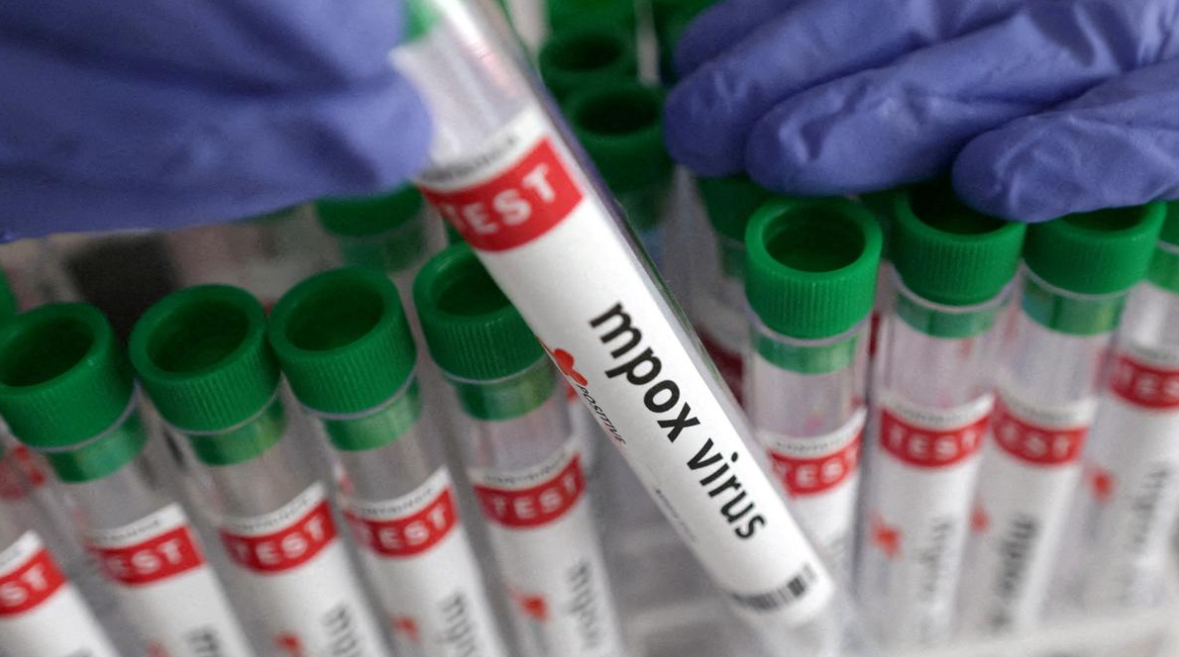Student Dies of Nipah Virus in Kerala: Why Caution is Crucial
The recent death of a student in Kerala due to the Nipah Virus has once again raised alarms across the state. The 24-year-old student from Malappuram succumbed to the virus on September 9, 2024, leading to a surge in containment measures and public health efforts to limit further infections. This incident marks yet another chapter in Kerala’s ongoing battle with Nipah Virus Disease (NiVD), an infection known for its high fatality rate and severe symptoms, primarily transmitted through fruit bats.
What is the Nipah Virus?
Nipah Virus (NiV) is a zoonotic virus transmitted from animals to humans, with fruit bats being the primary reservoir. Humans can contract the virus through direct contact with infected bats, pigs, or other infected individuals. In Kerala, previous outbreaks, such as in 2018 and 2021, were linked to bat-contaminated fruits consumed by the population, which caused clusters of infection.
The symptoms of Nipah infection can range from fever and headache to severe respiratory issues and encephalitis, which can lead to coma. Due to its high mortality rate, swift containment and preventive measures are critical whenever an outbreak occurs.
The Current Outbreak
The recent fatal case in Malappuram, where the deceased student was pursuing post-graduate studies in Bengaluru, has put health authorities on high alert. According to Kerala’s Health Minister Veena George, there are currently 175 individuals on the contact list of the deceased, of which 104 are categorized as high-risk.
Several individuals are undergoing treatment at Manjeri Government Medical College Hospital, with samples being tested for Nipah. Among the 175 contacts, 126 are primary contacts, while 49 are secondary. Authorities are carefully monitoring healthcare workers, as a significant number of them are also on the high-risk list due to their proximity to the infected.

Containment Measures in Malappuram
To curb the spread of the virus, the local authorities have taken strict steps. Five wards across two panchayats—Thiruvali and Mampad—have been declared containment zones. Here, public gatherings are prohibited, and non-essential services such as schools, colleges, and movie theatres have been shut down. Shops are allowed to operate only until 7 PM, with medical stores being the sole exception.
The authorities have also deployed 66 teams to conduct fever surveys within a 3 km radius of the deceased’s home, covering over 1,900 houses to identify additional cases. Public health officials have detected 49 fever cases during these surveys, which are being closely monitored.
https://topnewssurf.com/jaishankar-india-china-border/
Why Caution is Necessary
Given the high mortality rate associated with Nipah Virus, it’s essential for the public to remain cautious. While authorities are working hard to trace and isolate contacts, the virus can spread quickly if preventive measures aren’t followed rigorously. Residents in Malappuram and surrounding districts have been advised to wear masks, maintain social distancing, and avoid public gatherings. Special instructions have been given to limit the number of attendees at weddings, funerals, and other social events.
Nipah’s History in Kerala
This isn’t the first time that Kerala has grappled with Nipah. In fact, the state has been a hotspot for Nipah outbreaks, starting in 2018 when Kozhikode district faced its first major outbreak. Subsequent outbreaks in 2021 and 2023 reiterated the importance of ongoing vigilance, especially in regions with known bat populations, such as Kozhikode, Malappuram, and Ernakulam districts
Conclusion
The death of the student and the subsequent outbreak serve as a reminder of the deadly potential of the Nipah Virus and the necessity of rigorous containment strategies. Public health measures, such as declaring containment zones and conducting field surveys, are vital in stopping the spread. However, individual caution—avoiding bat-contaminated fruits, wearing masks, and maintaining social distance—remains the first line of defense.
As Kerala continues its battle against this deadly virus, public cooperation with health directives is paramount to ensure that the outbreak is swiftly contained, minimizing both the number of cases and fatalities.




